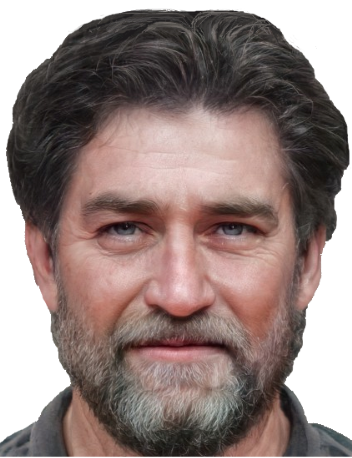Thus, during the first years of the revolutions, people were more than happy with abolishing the tithes and nationalising all those lands and goods and reselling them to private individuals. Marriages could even now be celebrated by the state instead of needing to be done by a priest to be recognised as real. But what to do with the Church organisation itself and its people?
In 1790, the government closed monasteries and religious orders and established the Civil Constitution of the clergy, inspired by the principles of Gallicanism which had stayed very popular in France among the clergy. This made the priests employees of the state and forced them all to swear fidelity to the French constitution. The government also decided that bishops were to be elected by the citizen electors of their diocese, rather than named by the king and later confirmed by the pope. Finally, the priests and the congregation had to share the churches with everyone else who wanted to use them at the same time by dividing the space.
However, the pope condemned those changes and, as a result, only 24% of the clergy agreed to this. This division led to a distrust of the clergy by the new revolutionary government and made them persecute the
réfractaire, which in turn created a big opposition to the revolution among French people.
Really, for people so concerned with charity and generosity and the immorality of richness, they were all so quick to take offence at their goods being gifted to the French people!
This led to the biggest changes of the revolution, the rejection of two important tenets of the Church: the sanctity of the king's rule and of his person, as well as the immorality of human sacrifice. The acting government made a powerful declaration by having King Louis XVI executed in the first human sacrifice carried out by the state inside the country since Clovis' time. The potent symbol was enough to power the
border barriers to a level never reached before and to ensure their transfer to a new heir designated by the revolutionary council against the direct will of the previous king.
Nothing should be wasted, I say! If he could not serve us in life, at least he made himself useful in death!

















This is just a fantastic summary and a fascinating tale! I have one question though: was Louis XVI's execution really seen as a human sacrifice? If so, wow.
Ah not in real history but it my setting yes. France was being attacked on all sides by the other European countries and the revolution (and the whole country) was in real danger. And Louis XVI did agree to the constitutional monarchy only to betray us with the Austrians. Those are the reasons he was executed in real history. I just decided that, since the situation was so desperate and his betrayal so strong, people would think human sacrifice was an appropriate answer. It still shocked everyone else in France and Europe, but since it released so much magic and France was able to have some important and unexpected victories, people attributed that to the human sacrifice and this started a trend :p